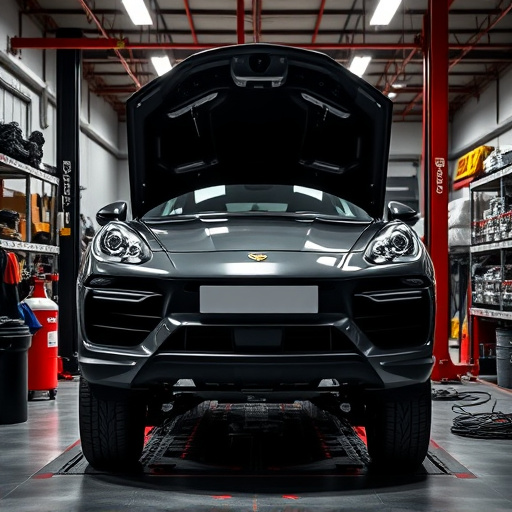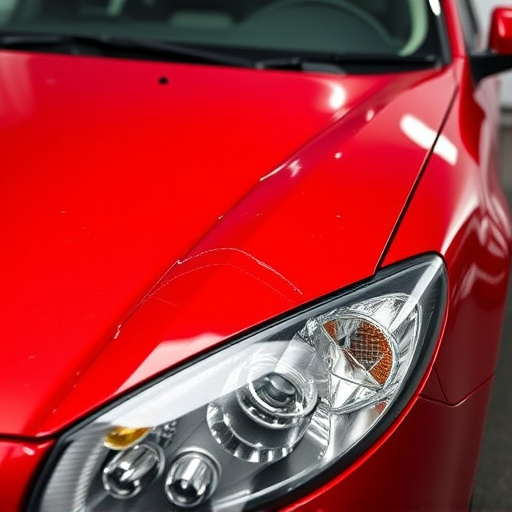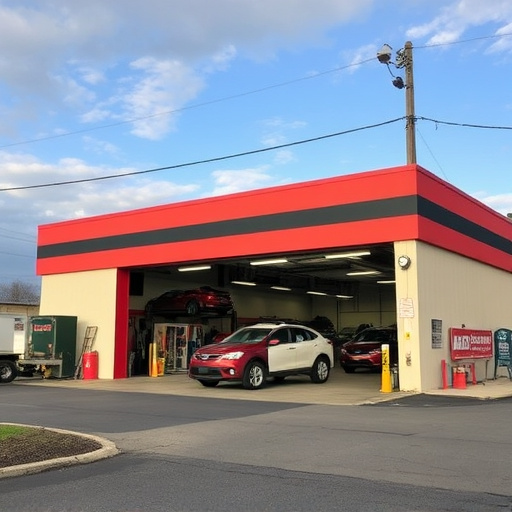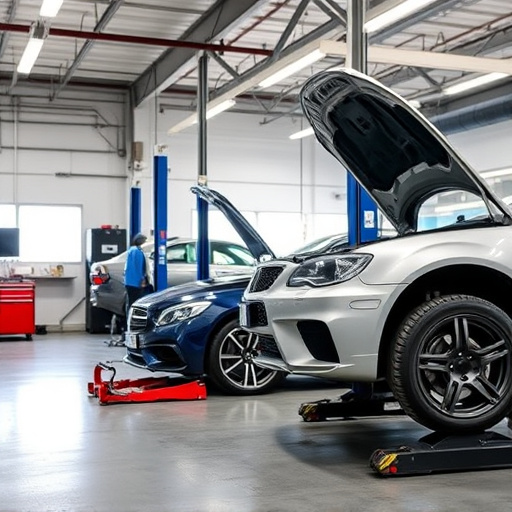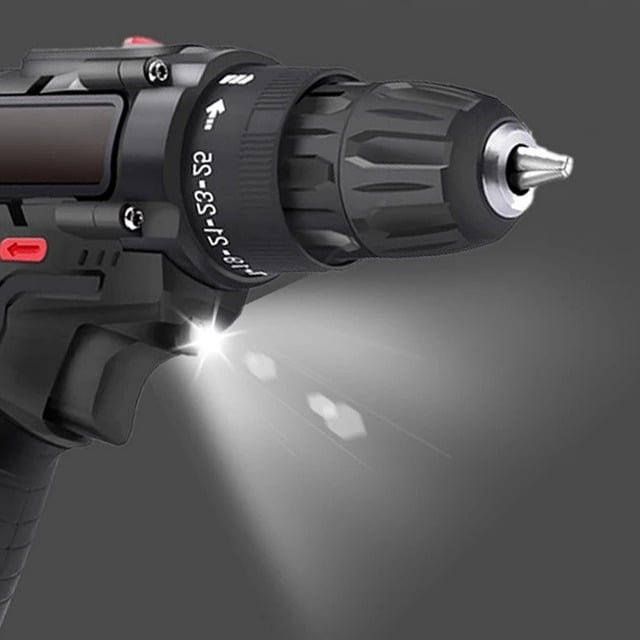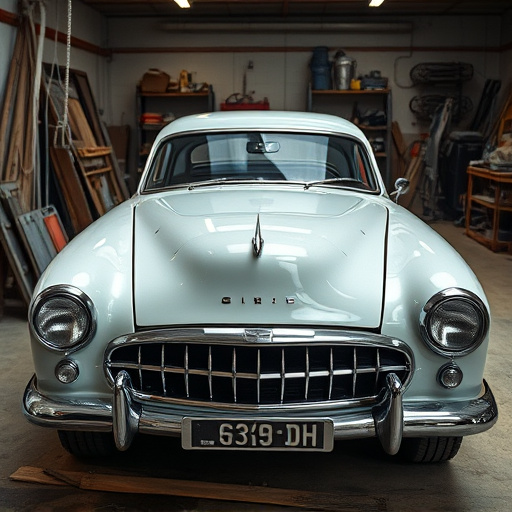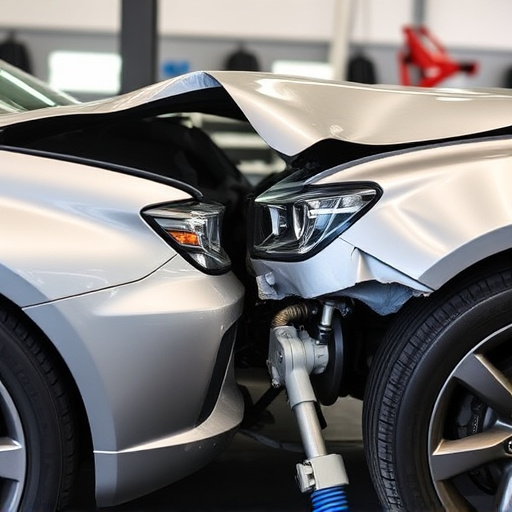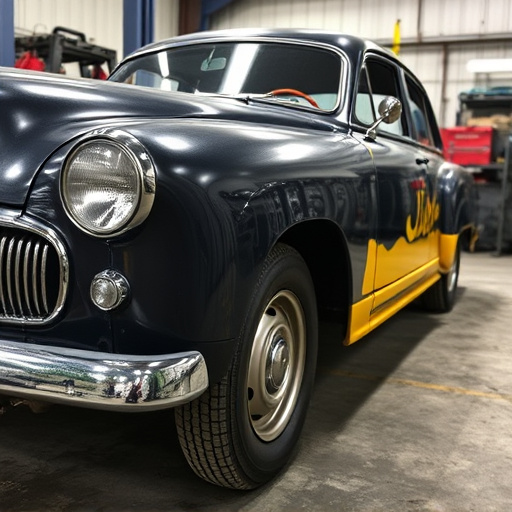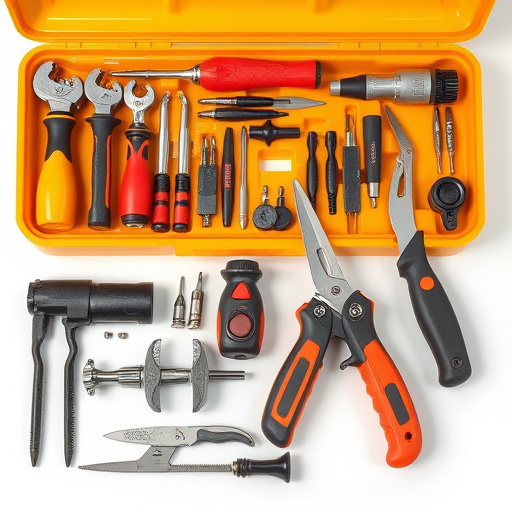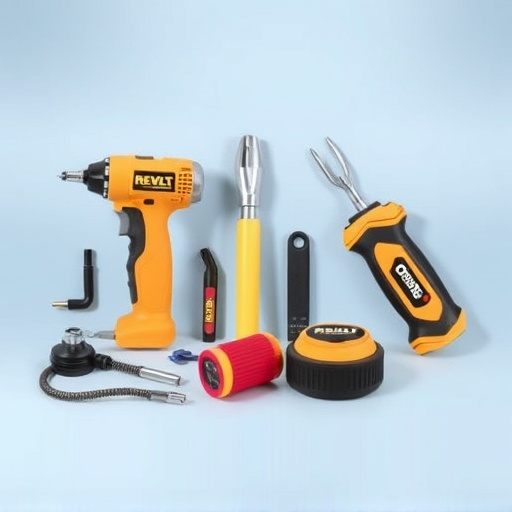Aluminum body panels offer a lightweight yet robust alternative to steel, improving vehicle performance and dynamics with 40% less weight, enhancing fuel efficiency and handling. They provide ease of fabrication for Mercedes-Benz repairs, outperforming carbon fiber components in speed and maneuverability. Integrating carbon fiber components into aluminum bodies transforms vehicle design, offering structural benefits and a high-tech aesthetic appeal.
Aluminum body components have become a game-changer in the custom and performance vehicle industry, offering lightweight yet durable solutions. This article explores how aluminum body panels revolutionize car construction, providing exceptional strength while reducing weight. We delve into the performance advantages, including enhanced speed and improved maneuverability. Additionally, we examine the integration of carbon fiber components for advanced strength and aesthetics, setting a new standard in the automotive world.
- Aluminum Body Panels: Lightweight and Durable Solutions
- Performance Advantages: Enhancing Speed and Maneuverability
- Carbon Fiber Integration: Advanced Strength and Aesthetics
Aluminum Body Panels: Lightweight and Durable Solutions

Aluminum body panels offer a lightweight yet durable solution for custom and performance vehicles. In comparison to traditional steel components, aluminum is approximately 40% lighter, resulting in improved vehicle dynamics and fuel efficiency. This characteristic makes it an attractive choice for automotive enthusiasts seeking enhanced performance and handling. Moreover, aluminum’s superior corrosion resistance ensures longevity, even under demanding conditions.
For those involved in mercedes benz repair or automotive restoration, aluminum body panels can simplify the process. Their ease of fabrication allows for more precise fitting and quicker installation compared to carbon fiber components. This not only streamlines the restoration process but also contributes to cost-effectiveness, making it an ideal choice for both custom vehicle building and car body restoration projects.
Performance Advantages: Enhancing Speed and Maneuverability

Aluminum body components offer a significant performance advantage for custom and high-performance vehicles. Their lightweight nature is a key factor, as it directly contributes to enhanced speed and maneuverability. This is particularly notable when compared to traditional steel bodies or even other composite materials like carbon fiber components, which, while strong, can add considerable weight. The reduced mass of aluminum allows for faster acceleration, quicker response times during cornering, and improved overall handling—all crucial elements for vehicles designed with speed and agility in mind.
Moreover, the versatility of aluminum in manufacturing enables precise shaping and intricate designs, ensuring that every aspect of the vehicle’s body contributes to its dynamic performance. This advantage is not lost on automotive enthusiasts and professional collision repair shops, such as those specializing in Mercedes-Benz repairs, where customization and performance upgrades are often sought after by discerning car owners.
Carbon Fiber Integration: Advanced Strength and Aesthetics

The integration of carbon fiber components into aluminum body construction is revolutionizing both custom and performance vehicle design. Carbon fiber, renowned for its exceptional strength-to-weight ratio, enhances structural integrity while significantly reducing weight. This not only improves fuel efficiency but also allows for more creative design freedom, enabling automotive artisans to craft sleek, aerodynamic profiles that were once thought impossible with traditional materials.
Beyond structural advantages, carbon fiber components offer a captivating aesthetic appeal. The unique, woven texture of carbon fiber adds a high-tech flair to vehicle exteriors, creating a visual impact that sets custom and performance cars apart from their mass-produced counterparts. This blend of advanced strength and eye-catching aesthetics makes carbon fiber integration an attractive option for auto body repair and customization, elevating the overall beauty and value of these exquisite vehicles.
Aluminum body components offer a compelling blend of lightweight construction, durability, and performance enhancements for custom and high-performance vehicles. While aluminum panels dominate the market, integrating advanced materials like carbon fiber components can elevate vehicles to new levels of strength and aesthetics. This combination caters to both functional requirements and design aspirations, ensuring that today’s automotive landscape remains dynamic and innovative.
